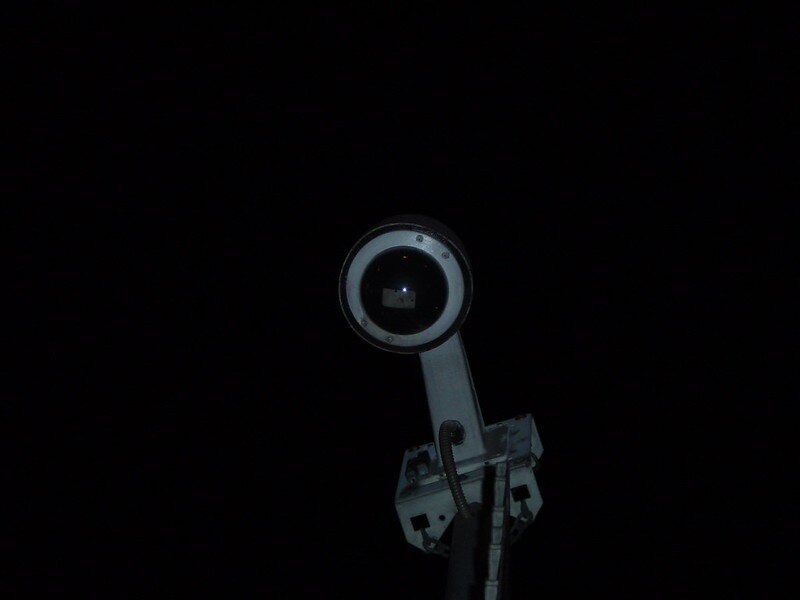Am I sufficient for the roles/jobs I have? Jesus asked his disciples, "Who do you say that I am?" He didn't wonder who he was, or question whether he should continue in the path and role that he was walking. He had a set purpose to walk with God that he followed out each day of his life. But our vision is clouded, and our purposes less sure.
In fog life, we often self-evaluate as less-than, as insufficient - knowing our faults is enough to condemn us to a second-class life. Imposter syndrome takes us a lot of different places, depending on the role in question. Am I the right person for my job? Surely my spouse could have married better, to someone else who would pay better attention, provide better quality of life. My kids would surely be better off with another parent. Indeed - as a foster parent, I can't tell you how many times I've thought that, even though I am a more stable presence than the child's family of origin.
Often this line of thought ignores a great deal: what we do with and for people without giving ourselves credit. But imposter syndrome is often not about balance, or giving ourselves the benefit of the doubt, or just being kinder to ourselves.
So let's take a look at where this syndrome comes from. We, in the fog, do have this less-than perspective that someone is always going to be bigger/better/stronger/faster than we are. Someone always does the job better, leads meetings better, preaches better, parents better, manages finances better, prays better, or cares better. We can try to mimic the best of what we see, but when we do that, we know we are simply impostors, just trying to do our best to be better than our best.
But for many of us, that isn't the point, is it? If we're honest, we're happy to mimic the best, because we think we don't have enough energy/knowledge/motivation in the tank to be the best. We know this, because we've learned that real activity leads to real exhaustion. I know that what I make, what I teach, and how I interact will be objects of my inner critic, and therefore lead to a soul-centered exhaustion that can last for days on end.
Often, we need to give ourselves permission to change our perspective on what we do. Instead of seeing the energy it takes to get a result, focus more on the daily walk than the result. I used to get frustrated when I wasn't finding new spiritual insight in daily devotions. But it's not about the insights, is it? Instead, it is more about the daily activity and walk, seeking to have a steady spirituality - not looking for those highs and mountaintops.
When we give ourselves permission to release the pressure valve of learned spirituality, we can be free to simply be and relate in God's presence. We may not feel like we belong in the roles we have, and the fog may still swirl around us, but we short-circuit the shame that threatens to drown us there.
References:
- "Spy" by flydown is licensed under CC BY-NC-ND 2.0

Leave a comment in response to the post: